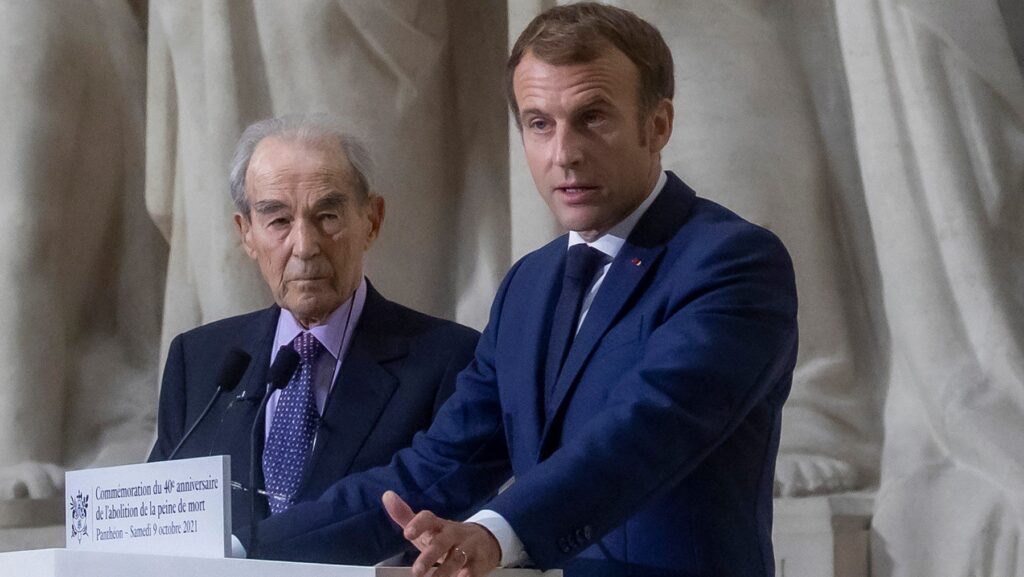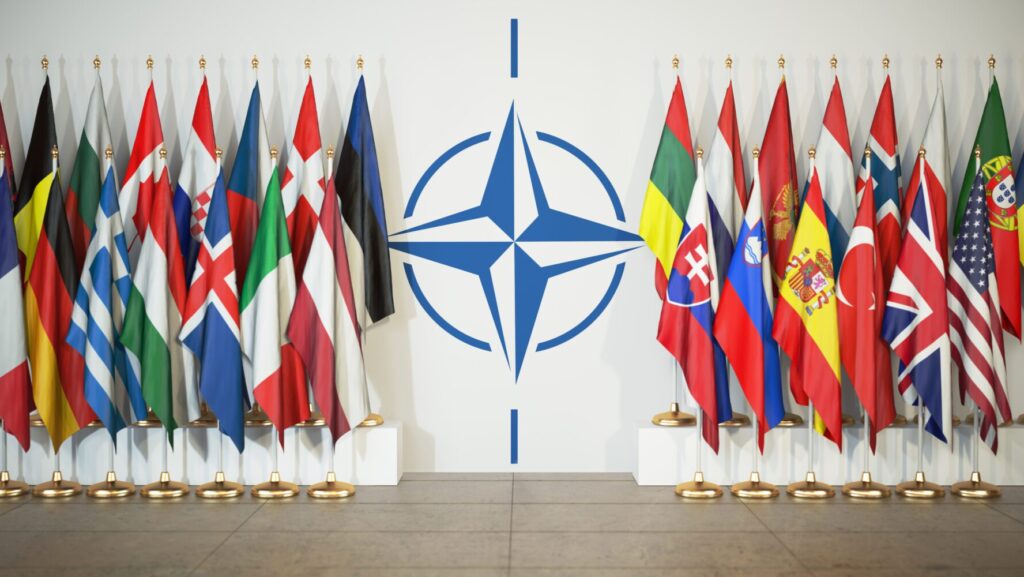
Euros & Dollars: Debating the Limits of the Free Market, Part II
The problem in Europe and America is not that the free-market economy is too big. The problem is that the free-market economy is not big enough.

The problem in Europe and America is not that the free-market economy is too big. The problem is that the free-market economy is not big enough.

Three independent sources criticize the free-market system. Two of them are from the U.S. government. What is going on here?

The U.S. economy is doing well, but the slowly growing uneasiness on the market for federal government debt could easily grow into a problem big enough to derail it.

On some social issues, Dignitas Infinita reaffirms the Church’s traditional teaching in clear terms.

The European Commission has plans to go after Italy for its excessive budget deficit. There is no real reason for them to do this, and the timing is very bad.

The West is in a death spiral—but with the cooperation of confident, patriotic nations, there may be a way to turn that around.

EU member states must decide between prioritizing reduced ‘inequality’ or increased economic growth.

This welfare-state reform is perhaps too radical for many. However, it is designed to solve a radical problem, and radical problems require radical solutions.

There is only one way that Congress can permanently end its budget deficits. Here is how to get the job done.

Twenty years later, the 2004 Madrid train bombing remains central to understanding Spanish polarization and geopolitical irrelevance.

The unfolding ideological fight over Germany’s defense funding is a precursor to an American debate over the same issue.

The EU is in for a fiscal framework showdown between reformists and abolitionists. Who wins? Europe’s economic future hangs in the balance.

Obsessed with not appearing too far to the Right because of some of his reform ideas, the French president is pandering to the far Left by calling the Rassemblement National “outside the republican arc.”

If Congress decides to compensate NATO for insufficient European funding, they may have a run-in with the investors on the market for U.S. government debt.

NATO is a defense insurance program. What happens to your insurance policy when you don’t pay your monthly premium?

Whatever—or whoever—caused Navalny’s death, it is a clear signal to the world that Russia’s leader will not tolerate internal opposition.

The Left won’t forgive the media outlet for its decisive role in the development of Éric Zemmour’s political persona—and success.

With facts and logic speaking against the green transition, countries headed for an economic recession should urgently rethink their energy policies.

Anyone proposing more U.S. defense spending with borrowed money should consider what happens when increasingly uneasy investors have had enough of U.S. debt.

A review of the past 60 years of inflation and monetary policy shows why the Fed must be conservative as it considers rate cuts later this year.

Low inflation and rising unemployment suggest that the ECB will soon abandon its tight monetary policy.

The system that is used to measure a nation’s economy is so complex that it would take a group of national-accounts experts to even attempt to forge the data.